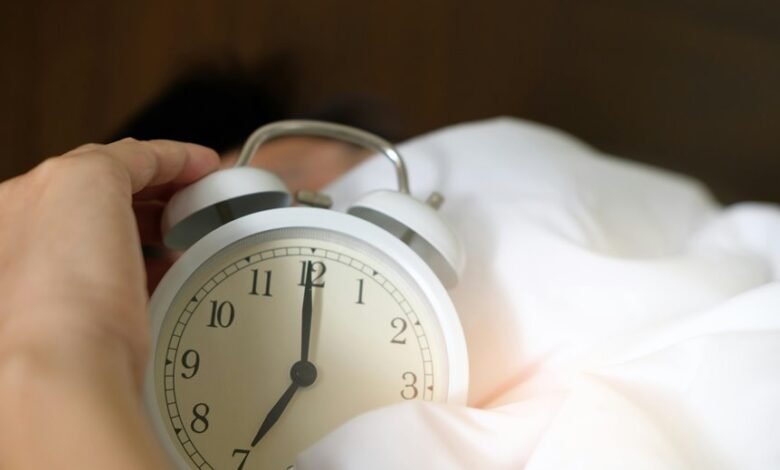454771233 Time of Day Influence on Missed Calls

The influence of time of day on missed calls presents a complex pattern of communication behavior. Morning commutes often see increased distractions, leading to higher call failures. Midday hours typically experience a decline in call volume as individuals focus on work tasks. In the evening, personal engagements further reduce responsiveness. Understanding these distinct phases can reveal critical insights into communication effectiveness, prompting a closer examination of how these trends play out across different demographics and contexts.
Morning Rush: The Impact of Commuting Hours
The morning rush represents a crucial period when commuting hours significantly influence the likelihood of missed calls.
During this time, individuals face various commuting distractions that divert attention from communication. As morning priorities shift towards reaching destinations, the potential for missed calls increases.
This intersection of urgency and distraction underscores the need for strategies to mitigate communication lapses during high-traffic periods.
Midday Lulls: The Quiet Hours of Work
Midday hours often present a stark contrast to the morning rush, characterized by a noticeable drop in the volume of incoming calls.
During this period, workers frequently face midday distractions, which contribute to productivity dips. As focus shifts to tasks requiring concentration, the likelihood of missed calls increases, reflecting a balance between personal engagement and the demands of the work environment.
Evening Wind-Down: Personal Time and Missed Connections
As evening approaches, a palpable shift occurs in the dynamics of communication, often leading to an increase in missed calls.
Individuals prioritize their evening routines, focusing on personal time and unwinding from the day’s demands. This intentional separation from connectivity fosters a space where personal priorities take precedence, resulting in a decline in responsiveness to incoming calls during these crucial hours of relaxation.
Weekend Variations: How Leisure Time Affects Call Response
During weekends, the dynamics of communication shift significantly as individuals engage in leisure activities and social gatherings.
This shift often leads to an increase in missed calls, as individuals prioritize personal interactions over phone conversations. Weekend activities can create distractions, reducing the likelihood of prompt call responses.
Consequently, understanding these variations is essential for effective communication strategies during leisure periods.
Conclusion
In the intricate dance of daily life, the time of day weaves a tapestry of missed calls, each thread representing a moment lost amid commotion, concentration, or leisure. As morning rushes in like a tempest, midday settles into a tranquil lull, and evenings unfurl into personal retreats, the landscape of communication transforms. Recognizing these patterns is paramount; it allows individuals to navigate the labyrinth of interactions, fostering connections that might otherwise slip through the cracks of time.




